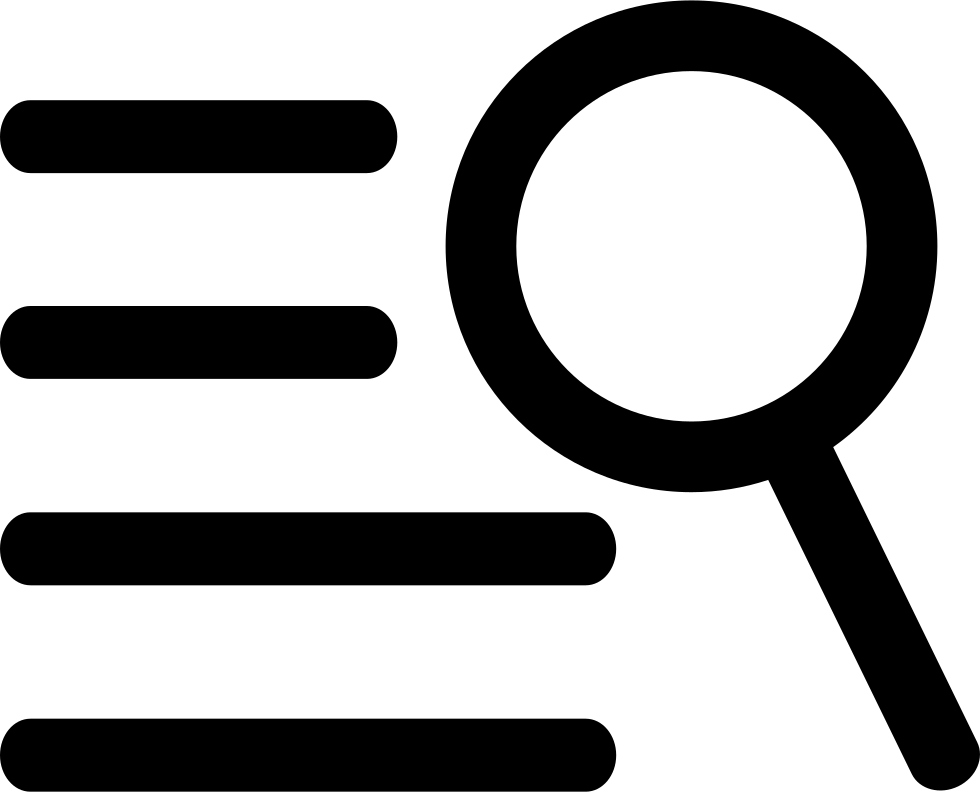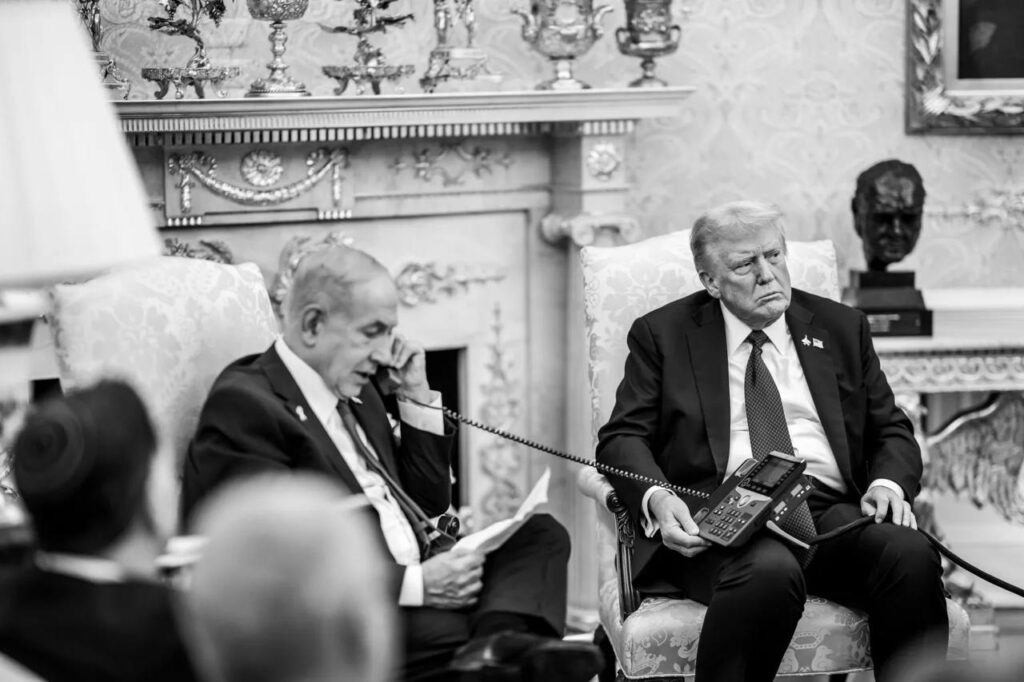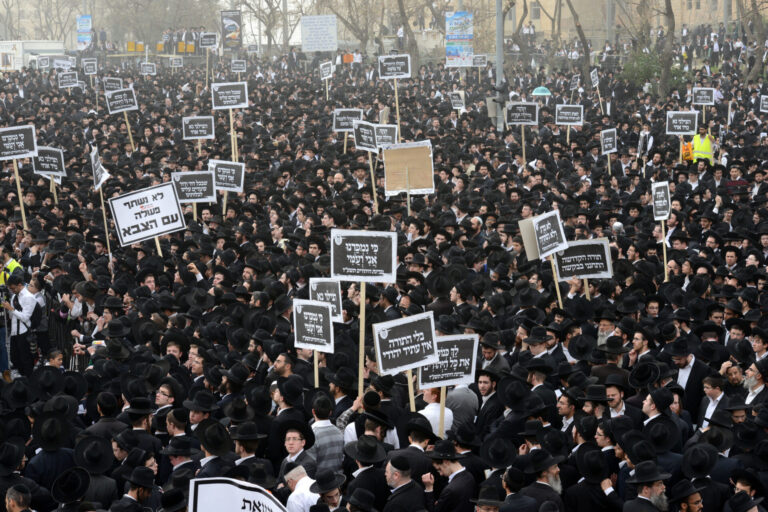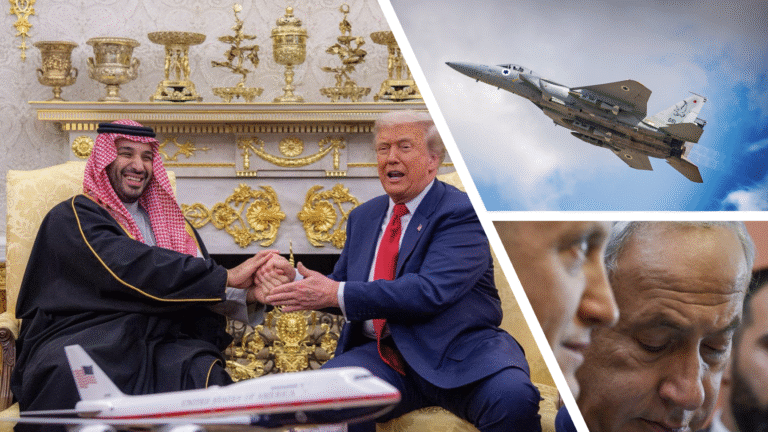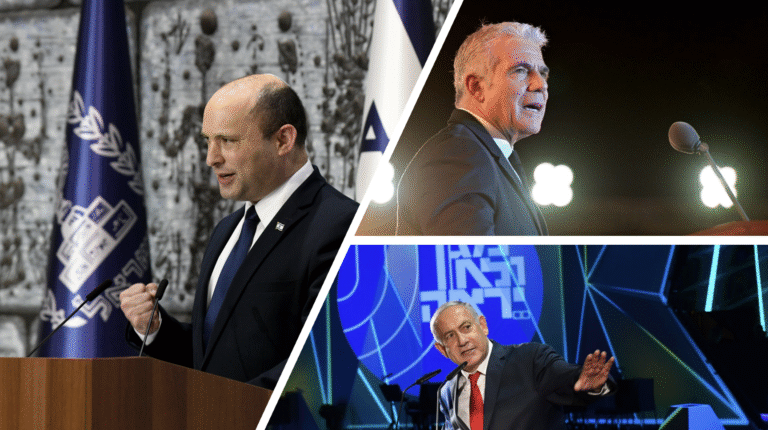This column was originally published in the Wall Street Journal on September 30, 2025. Click here to read it on the Journal‘s website.
It is too early to know if there will be an agreement to end the war in Gaza, and if so whether it will be implemented. But there is reason for President Trump’s optimism that Hamas might release hostages, give up its weapons and leave power. Change is afoot not in Gaza but in Doha — the government of Qatar is pressuring its protégés to accept the deal.
The regime, which thwarted the last hostage deal, changed its mind because the war has reached its home. After the Israel Defense Forces operated in five Muslim capitals — Gaza, Beirut, Damascus, Sana’a, and Tehran — it hit Doha. The attempted killing of senior Hamas officials in broad daylight in Qatar signaled to the natural-gas emirate that it couldn’t continue the double game it has played in recent years. Despite the threats against Israel, the Qataris are now working to make Hamas accept the demands from Jerusalem.
Qatar had until recently defended Hamas’s efforts to remain in power and its demands for a full Israeli withdrawal in exchange for releasing the hostages. Now, Doha is among those threatening Hamas with destruction if it won’t accept a deal. Prime Minister Benjamin Netanyahu’s telephone apology for violating Qatar’s sovereignty is lip service to divert attention from the emirate’s turnaround.
In his recent speech at the United Nations, Mr. Netanyahu accused Qatar of assisting Hamas and threatening Israel’s national security. But roughly seven years ago Qatar was a wealthy yet ostracized country, denounced worldwide as a supporter of terror and isolated by the moderate Arab states. In 2017 Saudi Arabia, Egypt, and the United Arab Emirates imposed a blockade on Qatar because of its support for terrorist organizations and its ties with Iran. Mr. Trump backed the move and hinted it was his idea: “the time had come to call on Qatar to end its funding . . . and its extremist ideology.” He later added: “We had a decision to make: Do we take the easy road, or do we finally take a hard but necessary action? We have to stop the funding of terrorism.”
But in mid-2018 Israel decided that Qatari money would solve its security problems with the Gaza Strip. Israel’s friends in the U.A.E. warned fruitlessly that the Qataris are supporters of terror. Since Israel, which had suffered most severely from this terror and from incitement on the Al Jazeera network, did business with Qatar, it gave the emirate an imprimatur of legitimacy. Thus Hamas received Qatari money to build its terror army.
On Oct. 7, 2023, the Qatari government didn’t condemn the massacre and blamed the Jewish state. “The Ministry of Foreign Affairs holds Israel solely responsible for the ongoing escalation due to its ongoing violations of the rights of the Palestinian people,” read a statement released that day. “The Ministry stresses the need for the international community to act urgently to compel Israel to stop its flagrant violations of international law, respect the resolutions of international legitimacy and the historical rights of the Palestinian people, and to prevent these events from being used as a pretext to ignite a new asymmetric war against Palestinian civilians in Gaza.”
If Israel’s goal is to topple Hamas, then Qatar, which funds the group, is Israel’s enemy. But if the goal is to bring back hostages, suddenly Qatar is a partner. Thus, instead of Mossad agents operating in Doha to eliminate Hamas’s leadership, the head of the Mossad visited to conduct negotiations for a deal.
Qatar is part of the problem, not the solution. Israel’s decision to strike there with quiet American approval marked a crucial moment in the war. It signaled that between the West and fundamentalist terror one must choose a side. There is now talk that senior Hamas figures might have to move to hotels in another Arab capital. The Qataris saw what befell the regimes that backed Hamas, and they don’t want to be next.
There is another organization that Israel helps preserve in the eyes of the world even though the group acts against Israel on every front: the Palestinian Authority. For years, the authority has paid salaries to murderers of Jews, educated Palestinian children to back terror and antisemitism, encouraged legal terror in the International Criminal Court, praised the Oct. 7 massacre, and worked to impose sanctions on Israel. In a 2024 interview Palestinian Authority President Mahmoud Abbas lauded the Hamas attack for “shaking the foundations of the Israeli entity” and achieving “important goals.” It is regrettable that Mr. Trump included the authority in his plan for Gaza instead of replacing it with a less corrupt and less terrorist-affiliated group.
As long as Israel cooperates with the unelected ruler from Ramallah, it will struggle to convince Mr. Trump and the rest of the world that he must go. In Ramallah as in Doha, frenemies aren’t forever.



